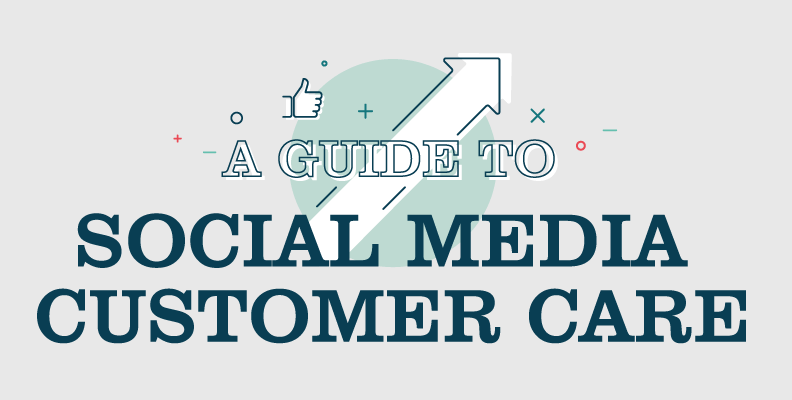How to Develop Relationships With Other Small Businesses
Building a successful business has a lot to do with creating successful relationships between employees, clients and other businesses. Making meaningful connections with businesses that are direct competitors or in similar fields can pay off ten-fold in the end.
The first step towards achieving mutually beneficial relationships with other small businesses is to adopt the mentality that you’ll be creating building blocks for business, not stepping-stones. Many business owners believe their intellectual property is at risk when working closely with other businesses. Roger Bromly, Visiting Professor of Innovation and Collaboration at Huddersfield University says otherwise, “This is a real old chestnut! Intellectual property in its legal sense means a patent, a copyright, or a piece of property; and these are certainly of value in the eyes of the law. What matters commercially, though, is much broader, and is better defined as intellectual capital. I mean the knowhow, the insight, the capabilities of the people in the business. If I watch someone play the piano, that doesn’t mean I can do it myself, or explain it someone else. The intellectual capital is wrapped up in the pianist’s experience and effort. It’s an old-fashioned approach and a great waste of opportunity to believe that, by sharing, the crown jewels of my business are going to be stolen.”1
A perfect example of this idea is Basecamp, a collaboration software company that was promising enough early on to warrant Jeff Bezos from Amazon.com to buy a small piece of their company in 2006.2 They have taken a drastically different route than most other businesses vying for growth in their respective industry. Basecamp worked with small businesses to help grow themselves alongside others. This helped them become a company that helped other companies collaborate. They practice what they preach: their product.
Basecamp also has a unique small business mentality — their employees live in 26 different cities around the world and work from anywhere they desire.3 It isn’t about whether or not their intellectual property is going to get stolen, or whether or not it’s risky to have employees work from home. It is about building relationships with people internally and externally to enhance the business. They share the success stories of other companies on their website because they are proud of the people they work with!
Pay it forward — if you get help from other small businesses, you need to help them in return. At times, business owners get caught up in the chaos of their products and services that they neglect building authentic relationships with other business owners. Without successful relationships, business owners cannot benefit from other businesses’ positive and negative experiences. So think about with whom you are building relationships. Is it only companies within your industry? Only outside your industry? If the answer is yes to either of these questions, you may want to diversify your connections.
References
1 Woodgate, S. (2013, March 28). Business collaboration: It’s better when we’re in it together. Retrieved September 5, 2014, from http://www.theguardian.com/media-network/partner-zone-microsoft/business-collaboration-microsoft-results
2 We the Basecamp. (2014). We the basecamp. Retrieved September 5, 2014, from https://basecamp.com/about






